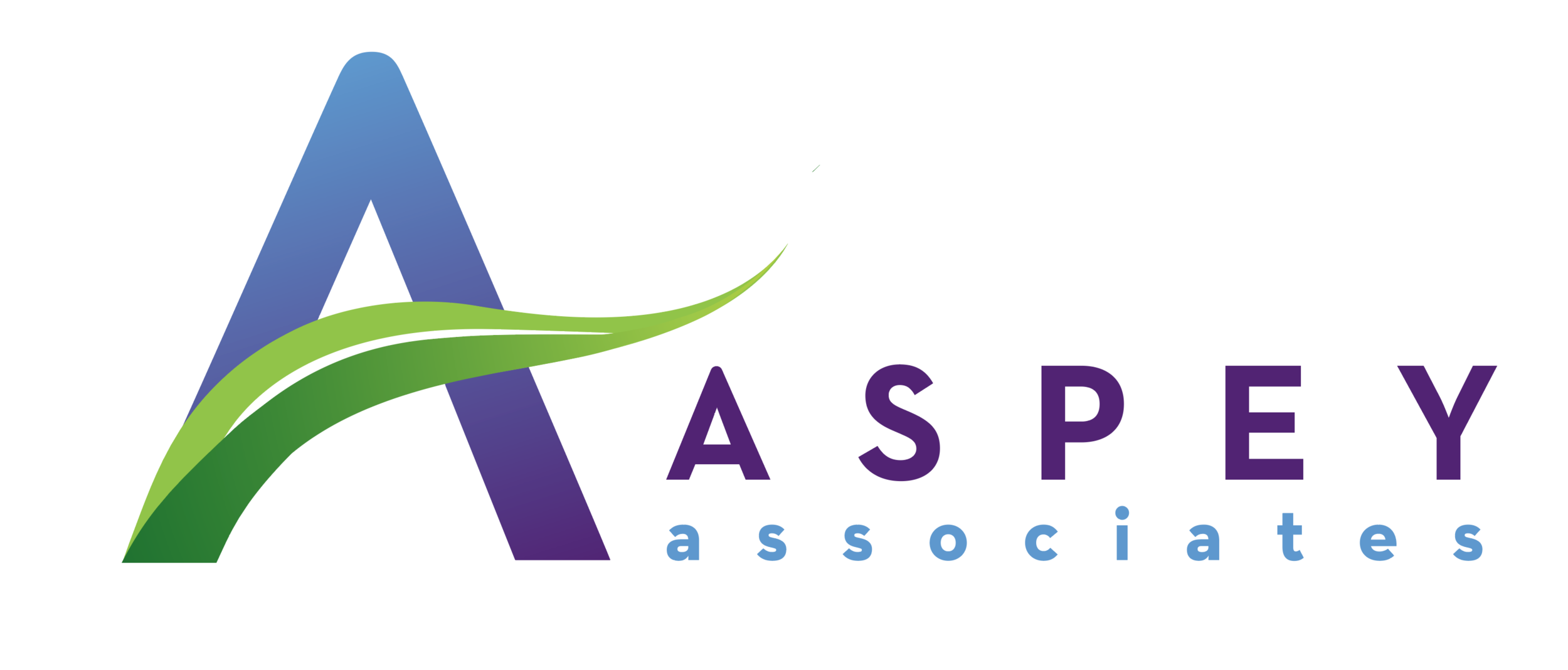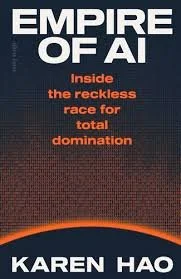How the Unbridled Expansion of AI Is Impacting the Whole of Life
When journalist Karen Hao began covering OpenAI, the firm seemed a noble experiment — a nonprofit promising safe, ethical AI. But the reality she uncovered about this massively disruptive sector is far darker. In her book, Empire of AI: Inside the reckless race for domination, she shares her findings.
Building AI demands immense resources: the compute-power of scarce, high-end chips, low-paid labour ("invisible labour") across the Global South where people are forced to clean up toxic, harmful content, and ever-soaring energy and water use, often at the expense of indigenous people, nature and lands. Hao reveals a hidden empire of extraction, exploitation and control, where a small handful of billionaire corporations now shape not only economies but the very conditions of living, thought and knowledge.
Hao is one of a growing number of well respected voices urging us to raise our awareness. The impacts on climate change and the environment are significant as this report from the Grantham Institute shows, "while AI has the potential to support climate action and biodiversity conservation, unmitigated growth in AI use poses significant ethical and direct climate and environmental risks - primarily stemming from the significant infrastructure needed to build and operate AI systems, including energy and water-intensive data centres and critical mineral extraction. Importantly, the use of AI can also directly cause environment harm."
This is all happening at speed and scale a time when we are called to take more care - than we ever have before in our lifetimes - of our beautiful planet that supports all of life, and that we call home.
Of course, like any tool, the impact of AI depends on how it's used, for what and by whom. For example, it's making all kinds of education more widely accessible, especially for learners with disabilities, it's advancing health research, diagnostics and health care, and much more. However, for many of us, it's simply a time-saving, labour-saving luxury, for which someone or something else is paying the price.
Rather surprisingly, Hao doesn’t explore the impact of AI on our capacity to think for ourselves - which neuroscientist and writer Celia Ford and others have called "outsourcing our mental labour". Nate Hagens' recent Great Simplification podcast episode with Nora Bateson and Zak Stein says more on this and on "the loneliness crisis, cognitive atrophy and other personal dangers of AI chatbots" all giving more cause for concern. And specificially on our mental health, there is growing concern that it has some serious downsides - including attempted and actual suicide - see Howard Yu's blog piece on the Assembly Line in the Sky.
I believe that everyone should understand these impacts, because AI is increasingly being woven into the systems guiding our daily lives, often without our informed consent. And I have been surprised, on my travels, at how very little usually well-informed people actually know about the impacts beyond the vague idea that "it uses a lot of water". That's hardly surprising - because those with vested interests don't want us to know and only send positive messages!
Another example of the power of narratives (as referred to in my November Digest from which this piece was developed).
We may not want to, or be able to resist it all, but when there is choice, we can decide if, when, how, and under what conditions we will use it and when we will not. We can join the voices putting pressure on for better regulation, and we can challenge our colleagues and ourselves when we use ChatGPT, Claude and other Large Language Models - mindlessly!
© Linda Aspey. November 2025

